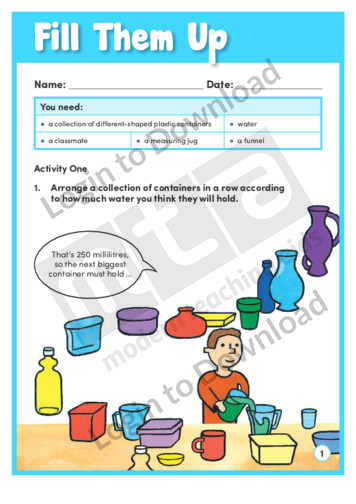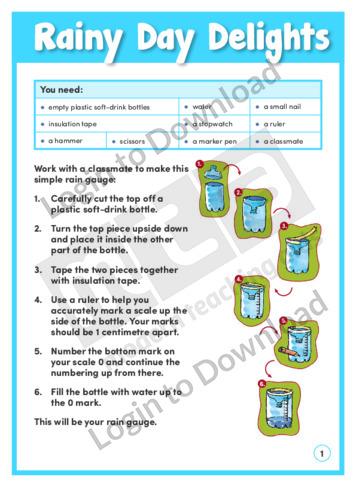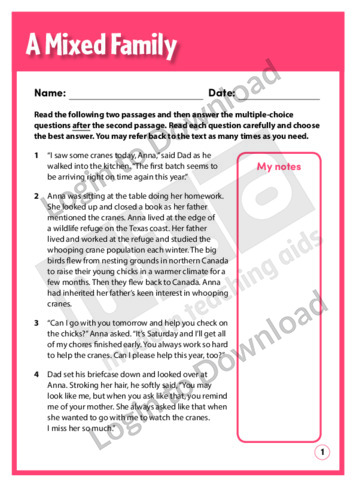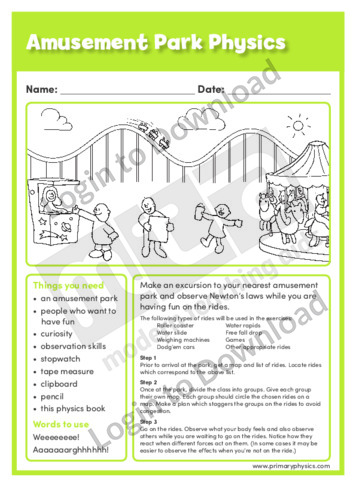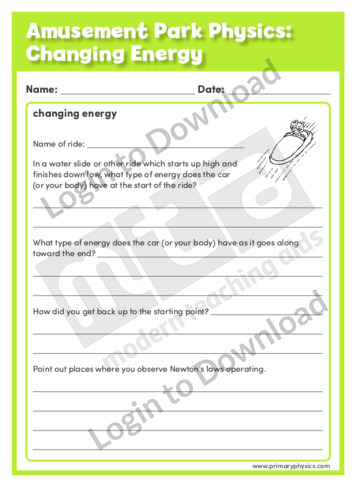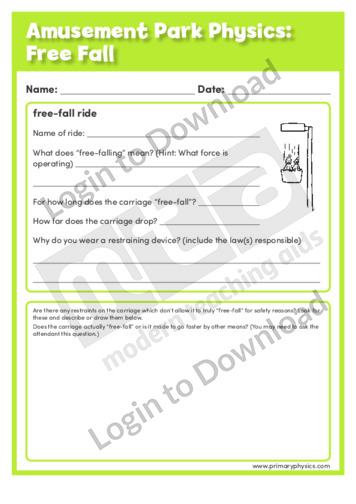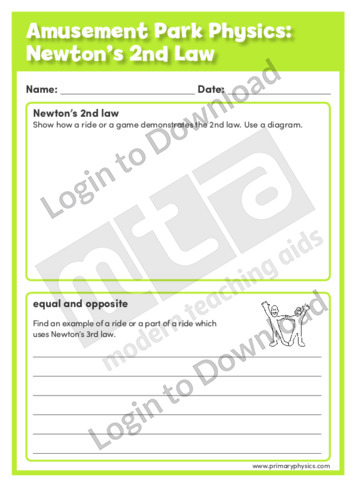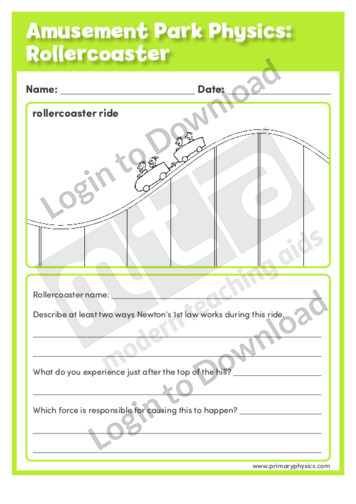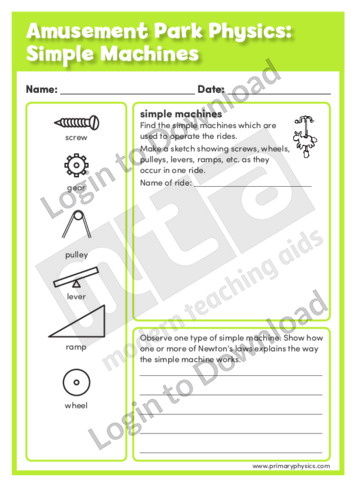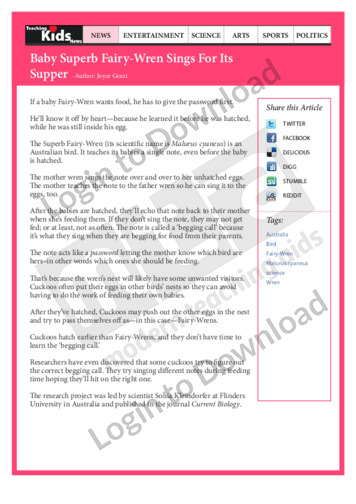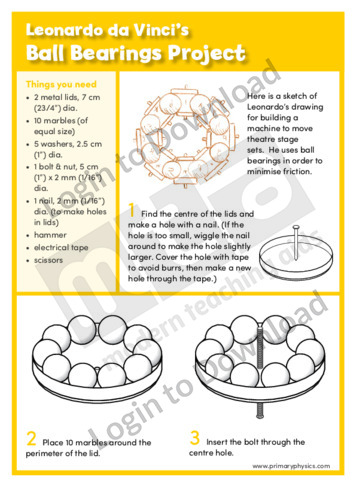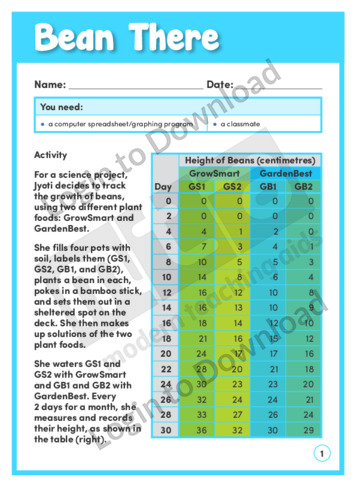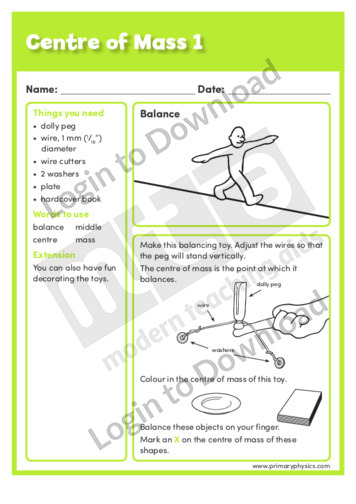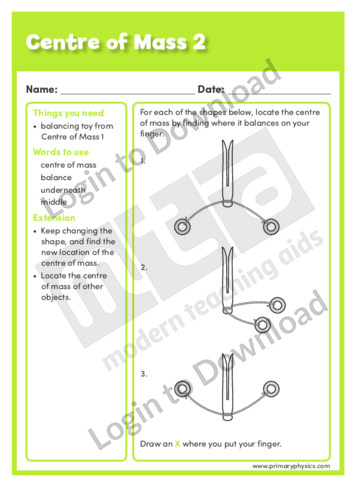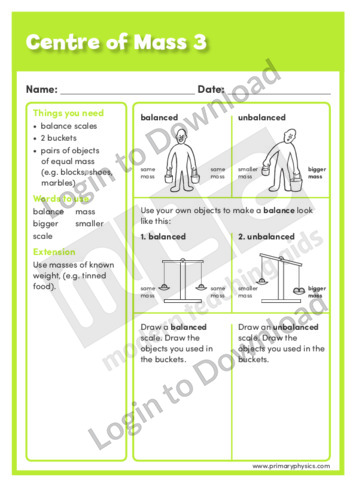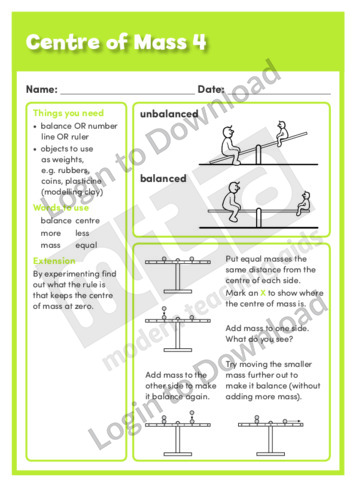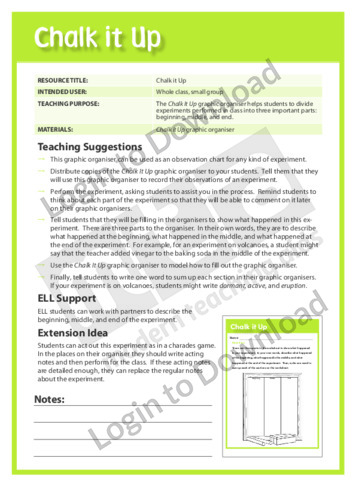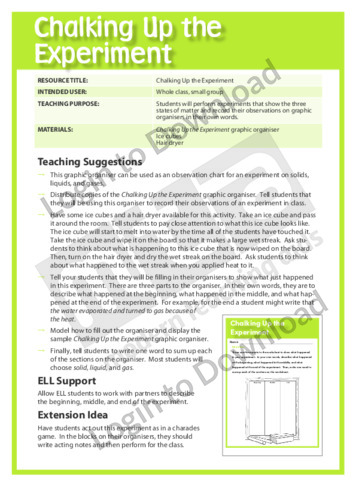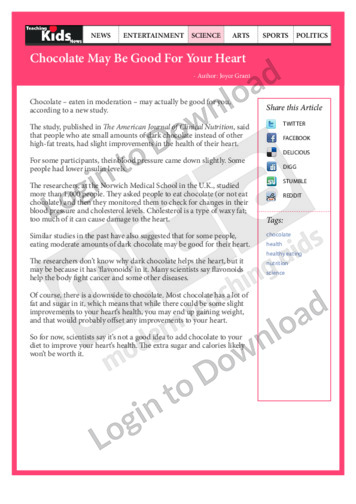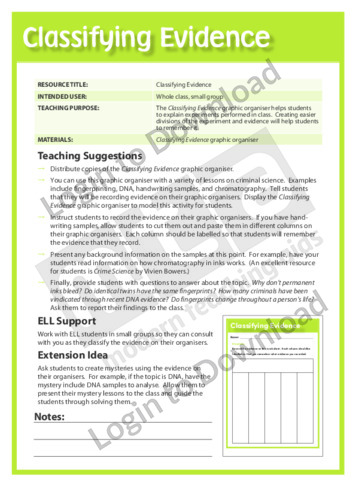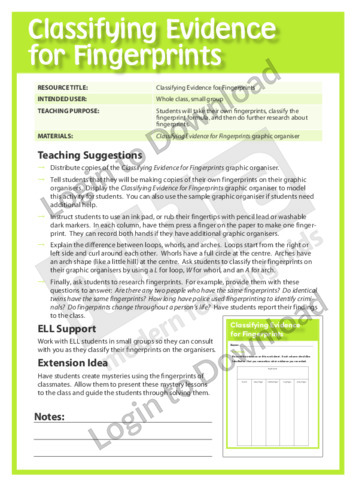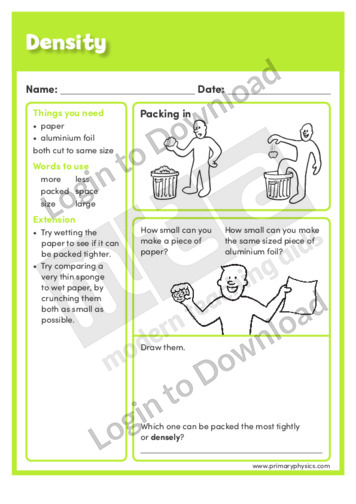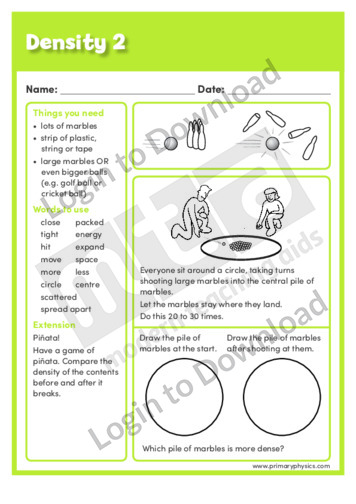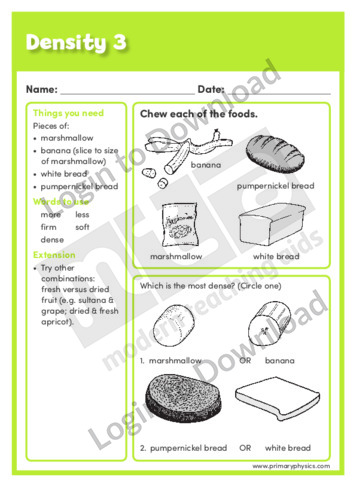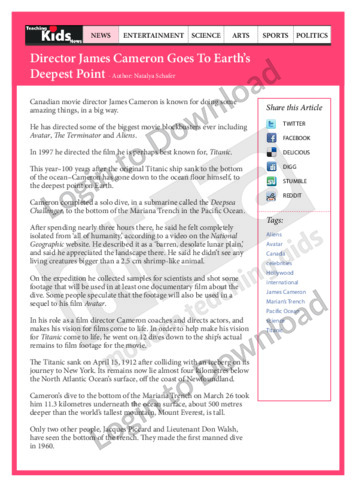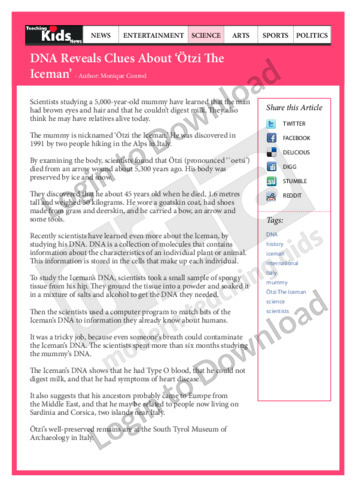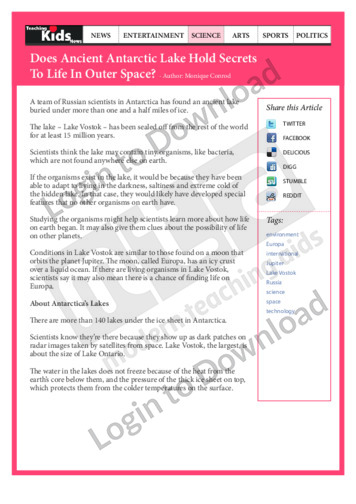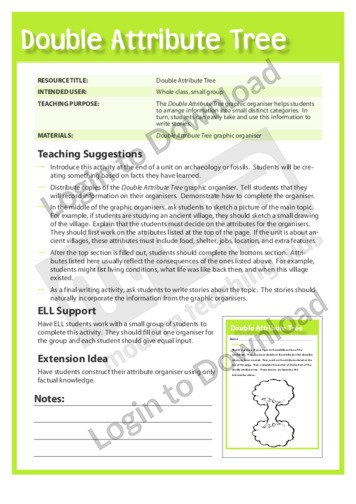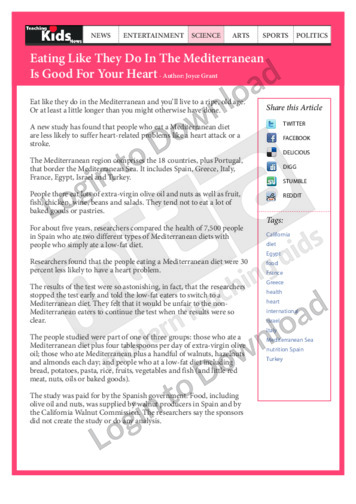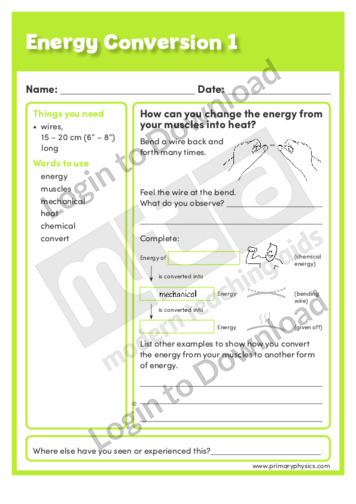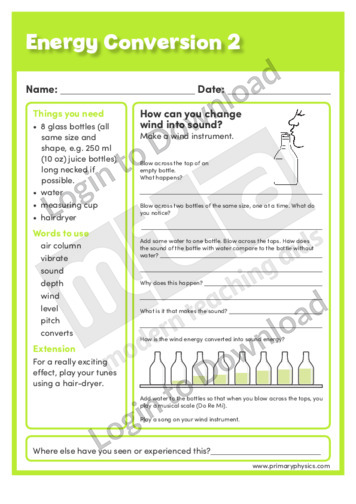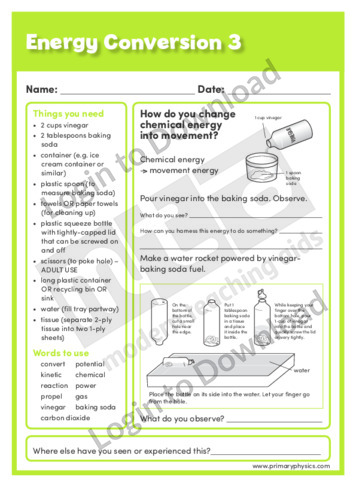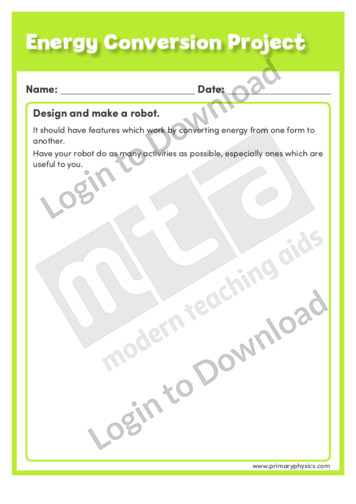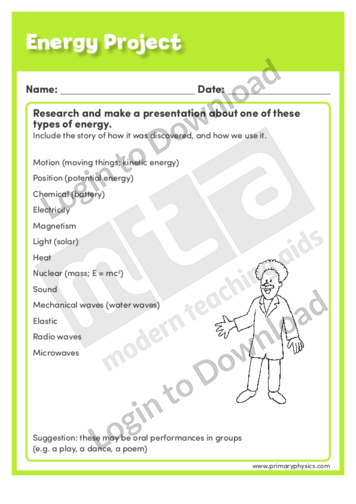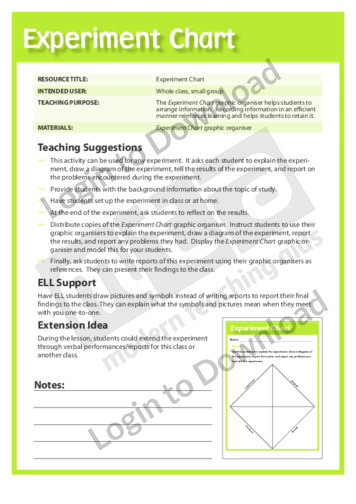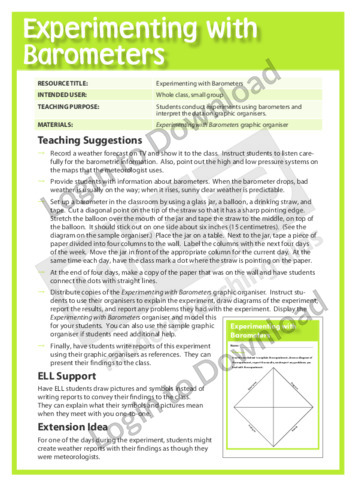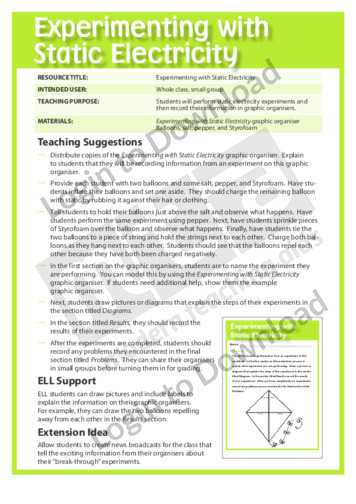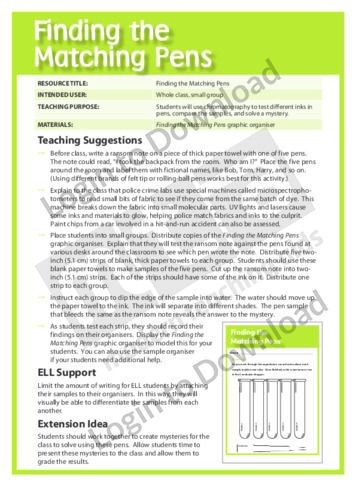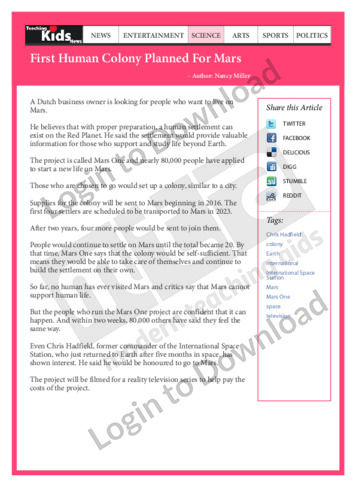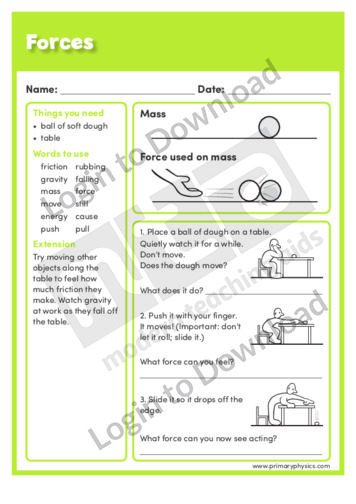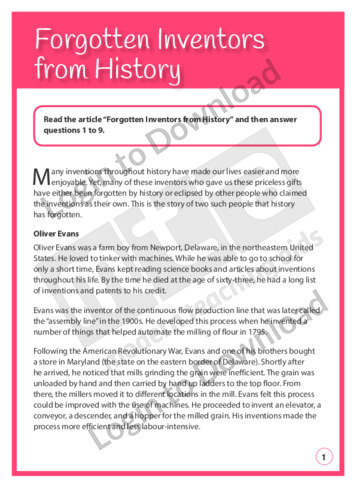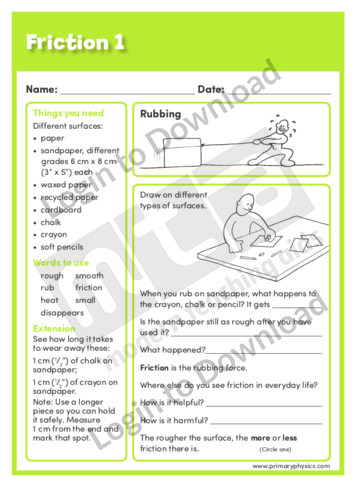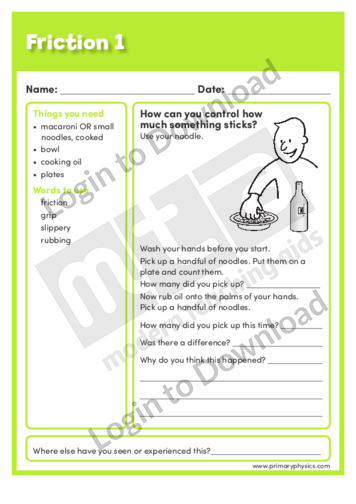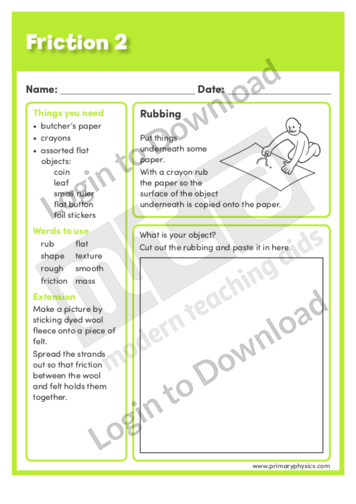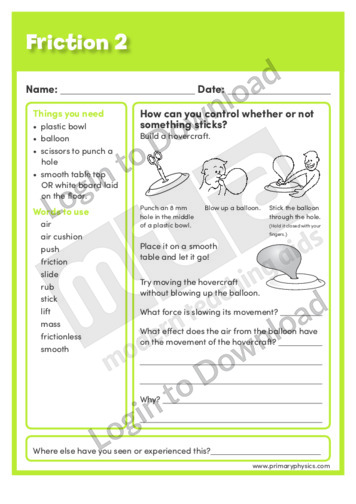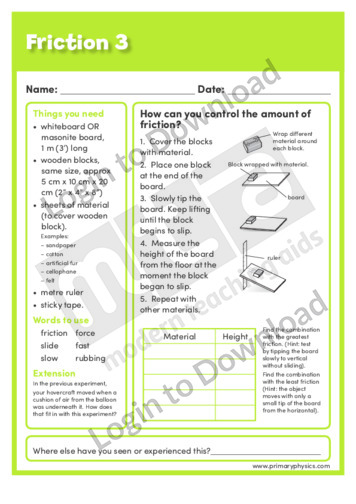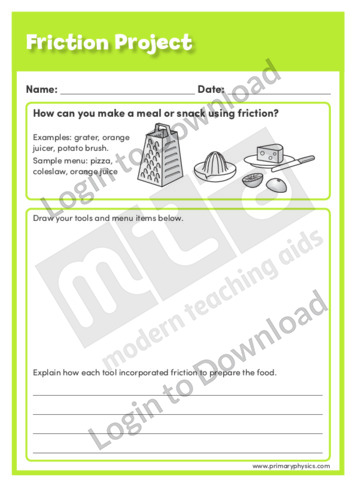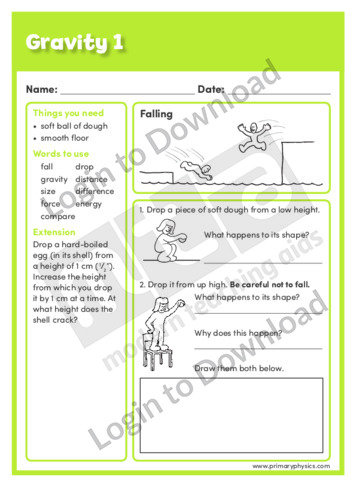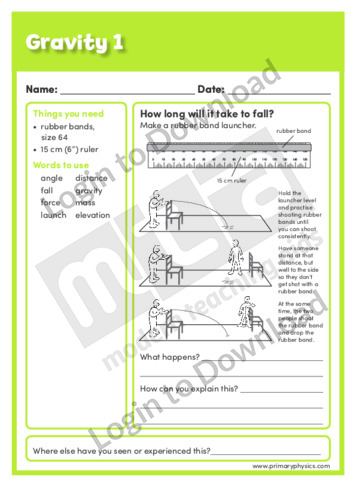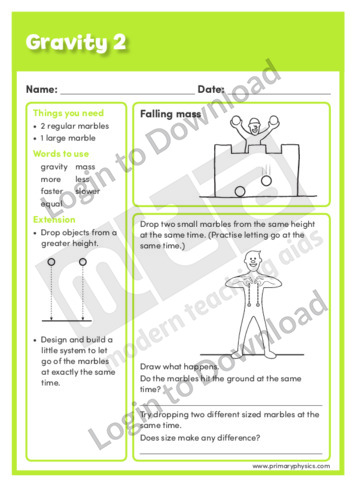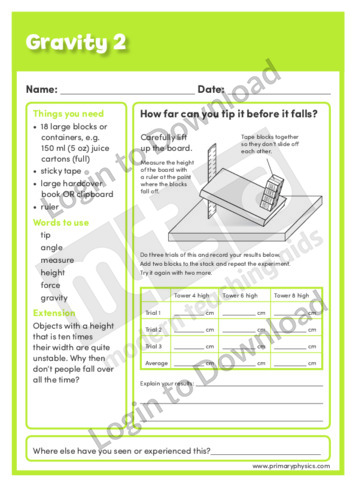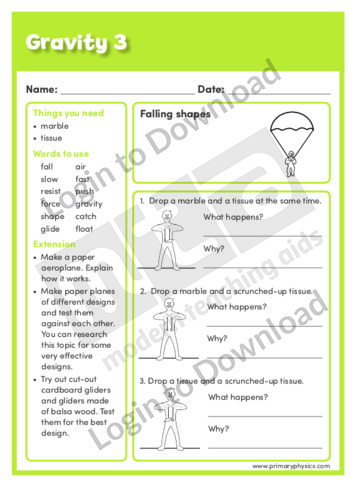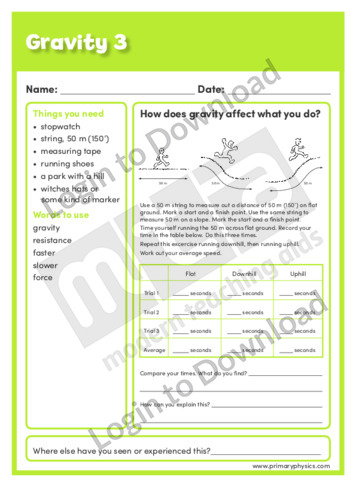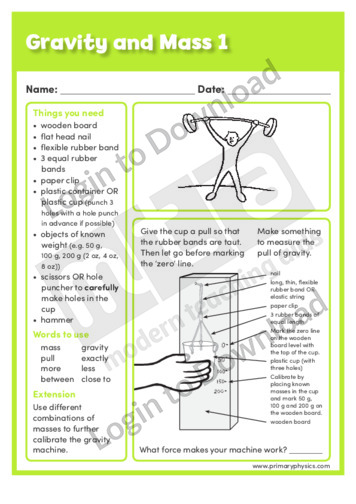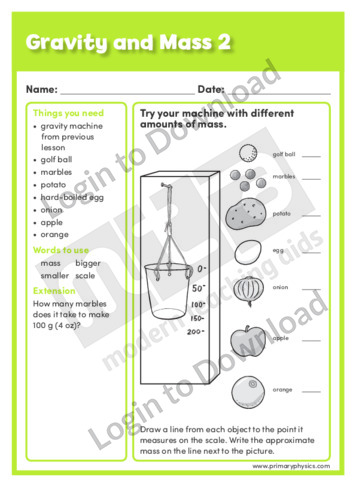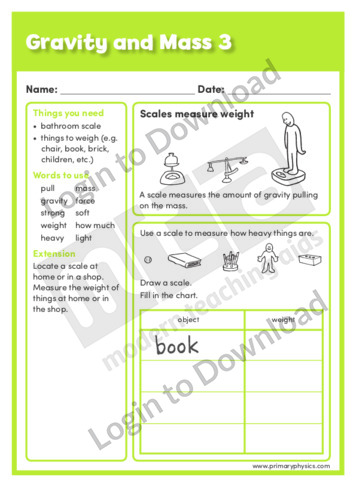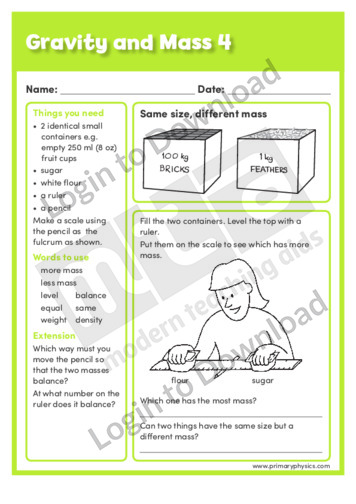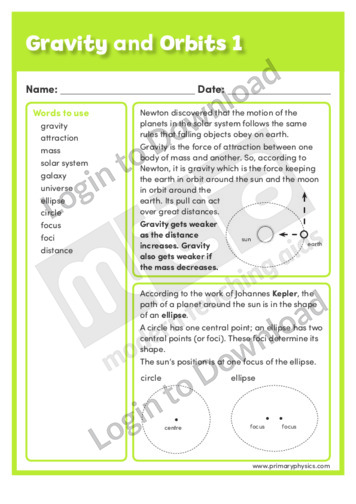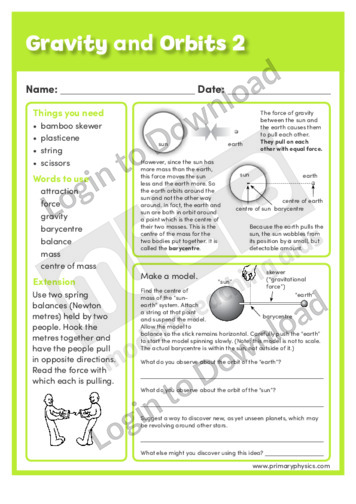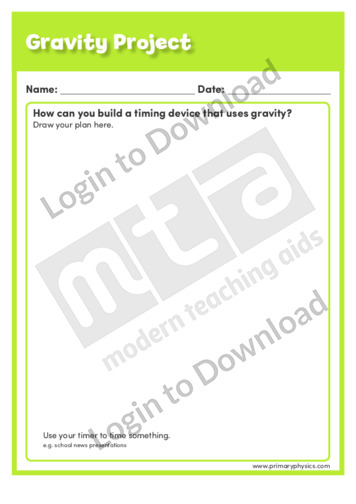The hands-on activity, ‘Fill Them Up’ shows how students can use a variety of different containers to estimate and compare the capacity of the containers. The activity can be done indoors or outside and would be suitable for work individually, in groups or with the whole-class. Students complete the learning activity to record and compare …More
The hands-on activity, ‘Rainy Day Delight’ shows students how to make and use a rain gauge. They need to mark their gauges accurately to measure the amount of rain (or flow from a sprinkler) over a period of time. This activity can be done by individuals or groups, at school or as a fun homework …More
These paired texts, ‘A Mixed Family’ and ‘Whooping Cranes’ explore single-parent human and bird families through fiction and nonfiction. They provide opportunities for students to practise vocabulary and comprehension skills. Answer sheet provided with file download.
This learning activity, ‘Amusement Park Physics’ requires students to go on an excursion to a local amusement park and observe Newton’s laws of motion in action.
This learning activity, ‘Amusement Park Physics: Changing Energy’ supports students to identify the conversion of potential energy to kinetic energy whilst on excursion.
This learning activity, ‘Amusement Park Physics: Free Fall’ supports students to identify the forces involved when on a free fall ride at an amusement park.
This learning activity, ‘Amusement Park Physics: Newton’s 2nd Law’ helps students to understand how a ride or game on an excursion demonstrates Newton’s second and third laws of motion.
This learning activity, ‘Amusement Park Physics: Rollercoaster’ supports students to identify how Newton’s first law of motion works when riding a rollercoaster on an excursion.
This learning activity, ‘Amusement Park Physics: Simple Machines’ supports students to identify simple machines used to operate rides whilst on excursion.
This kids news activity, Baby Superb Fairy-Wren Sings For Its Supper’ is about a species of Australian bird using unique calls to keep their babies safe.
This hands-on activity, ‘Ball Bearings Project’ asks students to build Leonardo da Vinci’s machine used to move theatre stage sets.
This learning activity, ‘Bean There’, features the results of a science project tracking the growth of beans using two different plant foods. Students use a computer graphing program to create a time-series graph from the data and then design and conduct their own plant food experiment. An answer sheet is provided and includes teaching notes …More
This hands-on activity, ‘Centre of Mass 1’ asks students to investigate the concept of centre of mass through making a balancing toy.
This hands-on activity, ‘Centre of Mass 2’ asks students to investigate the concept of centre of mass through balancing a toy on their fingers.
This hands-on activity, ‘Centre of Mass 3’ asks students to investigate balance and the pull of gravity using two buckets with objects of different sizes.
This hands-on activity, ‘Centre of Mass 4’ asks students to investigate balance and the pull of gravity using a scale.
This graphic organiser, ‘Chalk It Up’ helps students to divide experiments performed in class into beginning, middle and end.
This graphic organiser, ‘Chalking Up the Experiment’ helps students record an experiment on the three states of matter, showing the beginning, middle and end result.
This graphic organiser, ‘Classifying Evidence’ helps students to record experiments performed in class.
This graphic organiser, ‘Classifying Evidence for Fingerprints’ asks students to take their own fingerprints, classify the fingerprint formula and conduct further research into fingerprinting.
This hands-on activity, ‘Density 1’ asks students to investigate the concept of density being mass packed into a space through packing pieces of paper and aluminium foil into a container.
This hands-on activity, ‘Density 3’ asks students to investigate density through chewing a variety of different foods.
This kids news activity, ‘Director James Cameron Goes To Earth’s Deepest Point’ is about Cameron’s solo dive, in a submarine, to the bottom of the Mariana Trench in the Pacific Ocean.
This kids news activity, ‘Does Ancient Antarctic Lake Hold Secrets To Life In Outer Space?’ is about the discovery of a lake buried under the ice, that may hold clues to life on other planets .
This graphic organiser, ‘Double Attribute Tree’ helps students to arrange information into small distinct categories, then write stories using this information.
This kids news activity, ‘Eating Like They Do In The Mediterranean Is Good For Your Heart’ reports on research suggesting a link between a Mediterranean diet and heart health.
This hands-on activity, ‘Energy Conversion 1’ asks students to investigate the concept of energy conversion when bending a wire back and forth.
This hands-on activity, ‘Energy Conversion 2’ asks students to make a wind instrument and investigate how you can change wind into sound.
This hands-on activity, ‘Energy Conversion 3’ asks students to make a water rocket to investigate how you can change chemical energy into movement.
This hands-on activity, ‘Energy Conversion Project’ asks students to design and build a robot to explore the conversion of energy.
This hands on activity, ‘Energy Project’ can be used to assess students’ research and presentation skills in investigating different types of energy.
This graphic organiser, ‘Experiment Chart’ helps students to record and arrange information from an experiment in an efficient manner.
This graphic organiser, ‘Experimenting with Barometers’ asks students to conduct experiments using barometers and interpret the data.
This graphic organiser, ‘Experimenting with Static Electricity’ ask students to perform experiments on static electricity and record their findings.
This kids news activity, ‘First Human Colony Planned For Mars’ reports on an international project to establish a human settlement on Mars.
This hands-on activity, ‘Forces’ asks students to investigate what happens when force is used on mass.
This Reading Comprehension worksheet, ‘Forgotten Inventors from History’, features two biographical texts about Oliver Evans, who invented the assembly line, and Mary Anderson, who invented the windshield wiper. It encourages students to use a variety of strategies to interpret the texts and includes questions about central purpose, cause and effect, visual comprehension, emotional reactions, figurative …More
This hands-on activity, ‘Friction 1’ asks students to explore the concept of friction and the effect of rubbing sandpaper on different surfaces.
This hands-on activity, ‘Friction 1’ asks students to investigate the concept of frictional forces and what happens when you try to pick up a handful of noodles with and without the use of oil.
This hands-on activity, ‘Friction 2’ asks students to explore the concept of friction and the effect of rubbing crayons on different surfaces.
This hands-on activity, ‘Friction 2’ asks students to investigate the concept of frictional forces and what happens when you build and launch a hovercraft.
This hands-on activity, ‘Friction 3’ asks students to explore the concept of friction and how the use of different materials can control the amount of friction.
This hands-on activity, ‘Friction Project’ asks students to make a meal or snack using friction.
This hands-on activity, ‘Gravity 1’ asks students to investigate the effect of gravity on a piece of dough being dropped from different heights.
This hands-on activity, ‘Gravity 1’ asks students to investigate the force of gravity and what happens when you shoot and drop a rubber band at the same time.
This hands-on activity, ‘Gravity 2’ asks students to investigate what happens when two marbles are dropped from the same height at the same time.
This hands-on activity, ‘Gravity 2’ asks students to investigate how high they can tip a board with different heights of block towers on it before they fall off.
This hands-on activity, ‘Gravity 3’ asks students to investigate what happens when a marble and a tissue are dropped from the same height at the same time.
This hands-on activity, ‘Gravity 3’ asks students to explore the concept of gravitational force and the effect of running on a flat, downhill and uphill surface.
This hands-on activity, ‘Gravity and Mass 1’ asks students to make a simple scale to show that the more mass an object has, the greater the effect of gravity.
This hands-on activity, ‘Gravity and Mass 2’ asks students to use a simple scale to investigate objects of different mass.
This hands-on activity, ‘Gravity and Mass 3’ asks students to introduce the concept of weight as gravity pulling on mass through using scales to measure how heavy different objects are.
This hands-on activity, ‘Gravity and Mass 4’ asks students to investigate the concept of same size, different mass through comparing two objects of the same size but differing weight.
This hands-on activity, ‘Gravity and Orbits 1’ asks students to draw the orbit of a planet around the sun and investigate the relationship between distance and the force of gravity.
This hands-on activity, ‘Gravity Project’ asks students to build a timing device that uses gravity.
It�s that easy!

